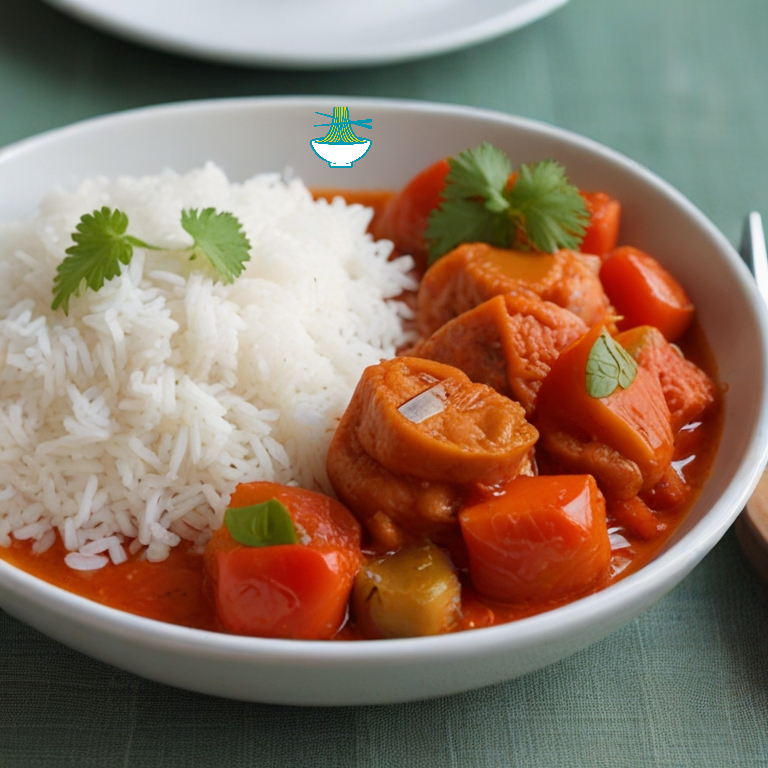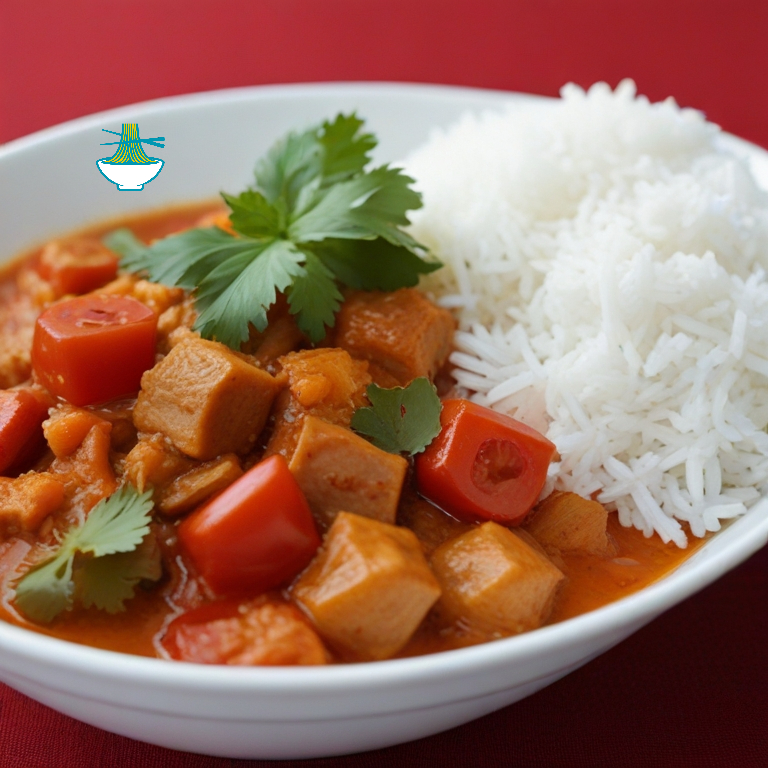Embark on a captivating journey through Guatemala's rich cultural tapestry with "Subanik." This documentary delves deep into the heart of the country, uncovering the ancient traditions, spiritual beliefs, and resilient communities of Guatemala's indigenous peoples. From the misty highlands to the lush rainforests, follow the footsteps of the Subanik, the guardians of ancestral knowledge passed down through generations. Through breathtaking visuals and intimate storytelling, witness their daily rituals, colorful celebrations, and profound connection to the land. "Subanik" is a tribute to Guatemala's cultural heritage and a testament to the enduring spirit of its people.
Ingredients:
- 1 whole turkey, cut into pieces
- 4 tomatoes, diced
- 2 bell peppers (1 red, 1 green), sliced
- 1 onion, finely chopped
- 4 cloves of garlic, minced
- 2 tablespoons vegetable oil
- 2 cups chicken broth
- 2 teaspoons ground cumin
- 1 teaspoon dried oregano
- 1 teaspoon paprika
- Salt and pepper to taste
- Cooked rice for serving

Instructions:
1- Heat the vegetable oil in a large pot over medium heat. Add the diced onions and minced garlic, and sauté until they become soft and translucent.
2- Add the turkey pieces to the pot and brown them on all sides, about 5-7 minutes.
3- Once the turkey is browned, add the diced tomatoes and sliced bell peppers to the pot. Stir well to combine.
4- Pour in the chicken broth, ensuring that the turkey pieces are covered with liquid. Add the ground cumin, dried oregano, paprika, salt, and pepper to the pot. Stir to evenly distribute the spices.
5- Bring the stew to a boil, then reduce the heat to low and cover the pot. Allow the stew to simmer gently for about 1 to 1.5 hours, or until the turkey is tender and cooked through. Stir occasionally.
6- Once the turkey is cooked, taste the stew and adjust the seasoning if necessary.
7- Serve the Guatemala Subanik hot over cooked rice. Enjoy this flavorful and comforting traditional dish with your family and friends, savoring the rich flavors and aromas of Guatemala's culinary heritage.
Nutritional Values :
Turkey (per 100g):
- Calories: 135 kcal
- Protein: 29 g
- Fat: 3 g
- Carbohydrates: 0 g
- Fiber: 0 g
benefits
- Excellent source of high-quality protein, essential for muscle repair and growth.
- Rich in various vitamins and minerals like B vitamins, selenium, and zinc, which support overall health and immune function.
Tomatoes (per 100g):
- Calories: 18 kcal
- Protein: 0.9 g
- Fat: 0.2 g
- Carbohydrates: 3.9 g
- Fiber: 1.2 g
benefits
- High in vitamin C, which is important for immune health and collagen production.
- Good source of antioxidants like lycopene, which may help reduce the risk of chronic diseases and protect against certain types of cancer
Bell Peppers (per 100g):
- Calories: 31 kcal
- Protein: 1.3 g
- Fat: 0.3 g
- Carbohydrates: 6 g
- Fiber: 2.1 g
benefits
- Rich in vitamin C and other antioxidants, promoting skin health and boosting immune function.
- Contains vitamin A, which supports vision and eye health, as well as vitamin K1, important for blood clotting and bone health.
Onion (per 100g):
- Calories: 40 kcal
- Protein: 1.1 g
- Fat: 0.1 g
- Carbohydrates: 9.3 g
- Fiber: 1.7 g
benefits
- Contains compounds like flavonoids and sulfur compounds, which have anti-inflammatory and antioxidant properties.
- Good source of prebiotic fibers, promoting gut health and aiding digestion.
Garlic (per 100g):
- Calories: 149 kcal
- Protein: 6.4 g
- Fat: 0.5 g
- Carbohydrates: 33.1 g
- Fiber: 2.1 g
benefits
- Known for its antimicrobial properties, helping to fight off infections and support immune function.
- Contains allicin, a compound with potential cardiovascular benefits like reducing blood pressure and cholesterol levels.
Vegetable Oil (per 1 tablespoon):
- Calories: 120 kcal
- Fat: 14 g
- No significant protein, carbohydrate, or fiber content.
benefits
- Provides essential fatty acids, such as omega-3 and omega-6, which are important for brain function and heart health.
- Contains vitamin E, an antioxidant that helps protect cells from damage caused by free radicals.
Please note that these values are approximate and can vary based on factors such as the specific variety of ingredients and cooking methods. Additionally, the nutritional values may change depending on the specific brands or types of ingredients used.


Comments